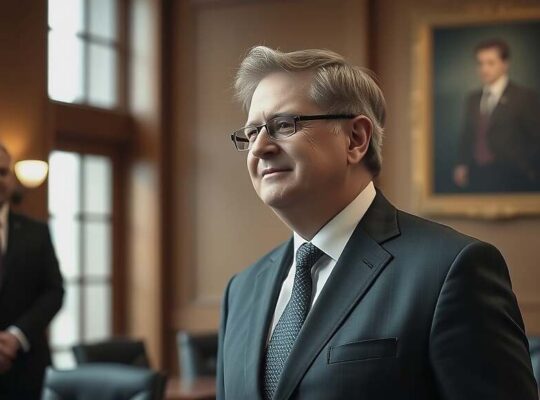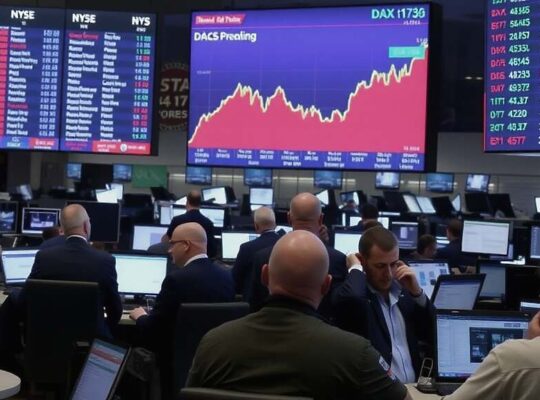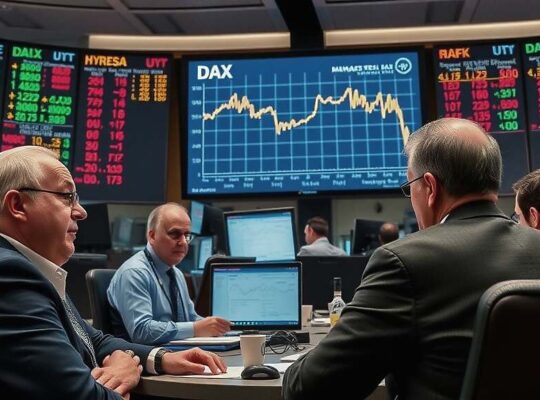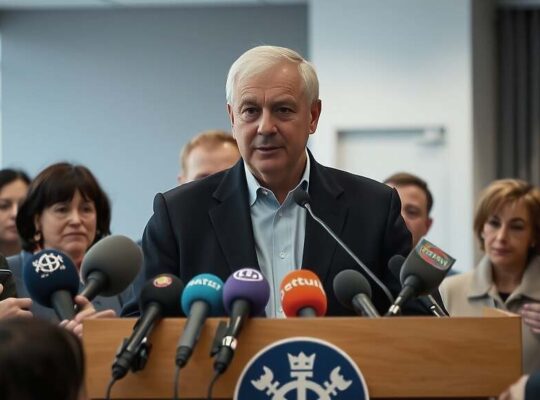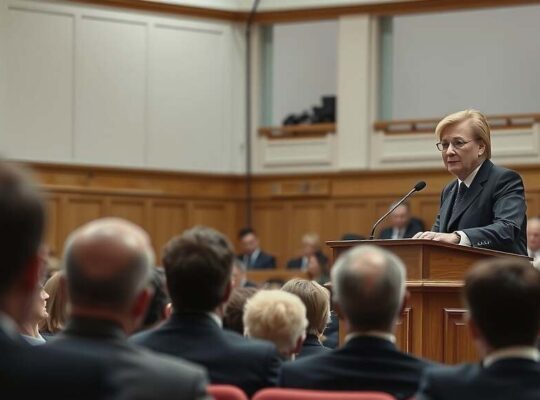A leading voice in American journalism is raising alarming concerns about the state of US democracy, warning that the nation may be significantly closer to an authoritarian slide than widely perceived. Jeffrey Goldberg, editor-in-chief of “The Atlantic”, recently articulated this assessment in an interview with “Der Spiegel”, expressing deep unease about the deliberate dismantling of accountability mechanisms within the government.
Goldberg’s starkest observations center on the strategies deployed by former President Donald Trump and his team. He asserts they possess a “blueprint for populists” actively working to circumvent oversight and insulate themselves from scrutiny. “Trump is in the process of freeing the government system from all those who could hold him accountable” Goldberg stated, highlighting a systematic purge of individuals capable of exposing corruption. This targeted elimination of watchdogs significantly erodes the foundational principles of transparency and responsible governance.
Beyond the actions of a single individual, Goldberg points to the corrosive influence of social media platforms, identifying them as a crucial contributor to the weakening of democratic institutions. He contrasts a past era that rewarded political compromise with the current climate, where extremism and uncompromising positions are amplified and celebrated within online echo chambers. “In the US, political compromise was once rewarded; today it pays to be as far out on the edge”. He questioned whether democracy itself possesses the resilience to withstand the continued algorithmic amplification of divisive content.
Goldberg’s prominence and experience lend considerable weight to his analysis. His unexpected inclusion in a Signal group chat earlier this year, where high-ranking officials discussed a forthcoming airstrike on Yemen, demonstrated his proximity to sensitive governmental operations and underscored the intricate web of influence within Washington. His subsequent invitation to the White House for an interview after the incident further illustrated the enduring power dynamics at play.
He characterized Trump’s motivations as driven primarily by a pursuit of wealth and media attention, observing that control of the news cycle constitutes a crucial measure of his perceived success. This focus on manipulating public perception, Goldberg argues, actively undermines substantive policy discussions and fosters a climate of distrust in established institutions. The sustained erosion of these vital elements, he warns, presents a grave threat to the future of American democracy.





